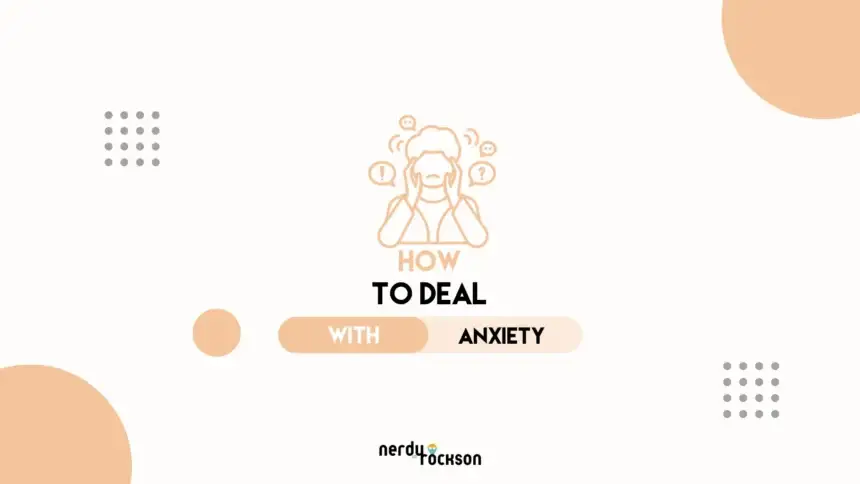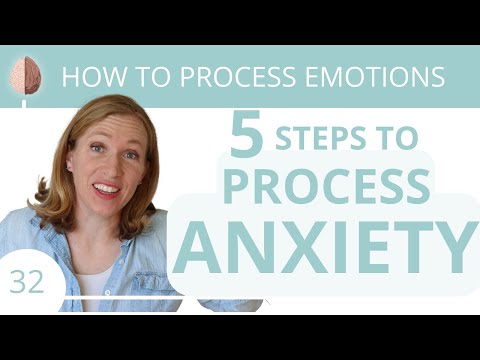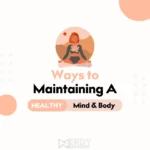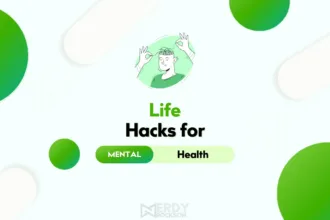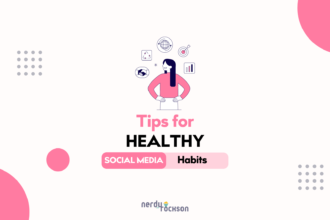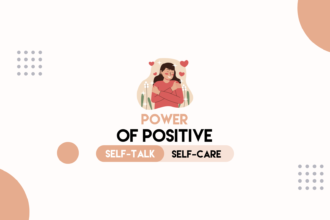Feeling overwhelmed, stressed, or constantly worried? You’re not alone. Anxiety is a common experience, but that doesn’t make it any less daunting. Whether it’s the mounting pressures at work, personal relationships, or just navigating life’s uncertainties, anxiety can creep in and take hold. The good news? There are practical, proven ways to tackle it head-on.
According to the World Health Organization (WHO), anxiety disorders are the most common mental health disorders worldwide, affecting approximately 264 million people. This statistic highlights the global prevalence and the significant impact of anxiety on public health.
In this article, we’ll dive into ten verified methods to help you understand how to deal with anxiety. From simple daily habits to more structured approaches, these strategies are designed to empower you to reclaim your peace of mind. Ready to take the first step towards a calmer you?
What is Anxiety
Anxiety is fundamentally the body’s natural response to stress. It’s that unsettling feeling you get before an exam, a job interview, or making a big decision. While it’s entirely normal to experience anxiety now and then, particularly during life changes or challenging times, it’s crucial to recognize when it becomes a persistent issue.
When anxiety starts to interfere with your daily activities, it may be a sign of an anxiety disorder. Conditions such as Generalised Anxiety Disorder (GAD), panic disorder, and social anxiety disorder are some examples. These disorders can lead to significant distress and can affect various aspects of your life, from work to personal relationships.
But it’s not all bad news. Understanding what anxiety is and what causes it can be the first step towards managing it. Anxiety stems from a combination of genetic, environmental, and psychological factors. Your brain chemistry, ongoing stress, and even your upbringing can play a role in how you experience anxiety.
Main Symptoms of Anxiety
Anxiety manifests itself in a variety of ways, affecting both the mind and the body. Recognizing these symptoms is the first step in learning how to deal with anxiety. Let’s break down the common signs you might be experiencing:
Physical symptoms: These can be the most immediate indicators. You may notice chronic headaches, a pounding heart, or difficulty making eye contact. Sweating and sleep problems are also typical. Have you ever felt your body tense up, only to be left tossing and turning at night?
Mental symptoms: Anxiety doesn’t solely affect your body; it clouds your mind as well. Nervousness and fatigue might set in, often accompanied by a sense of doom or looming catastrophe. Struggling to stay focused, feeling irritable, or experiencing a fear of judgment in social situations? These are all mental manifestations of anxiety.
Behavior changes: Anxiety doesn’t just change how you feel but can also affect how you act. You might find yourself avoiding situations that cause stress, seeing less joy in activities you once loved, or struggling in your relationships. When was the last time you eagerly looked forward to trying something new?
Understanding these symptoms is crucial, not only for identifying anxiety but also for effectively addressing it. Remember, recognizing the problem is your first move toward finding a solution.
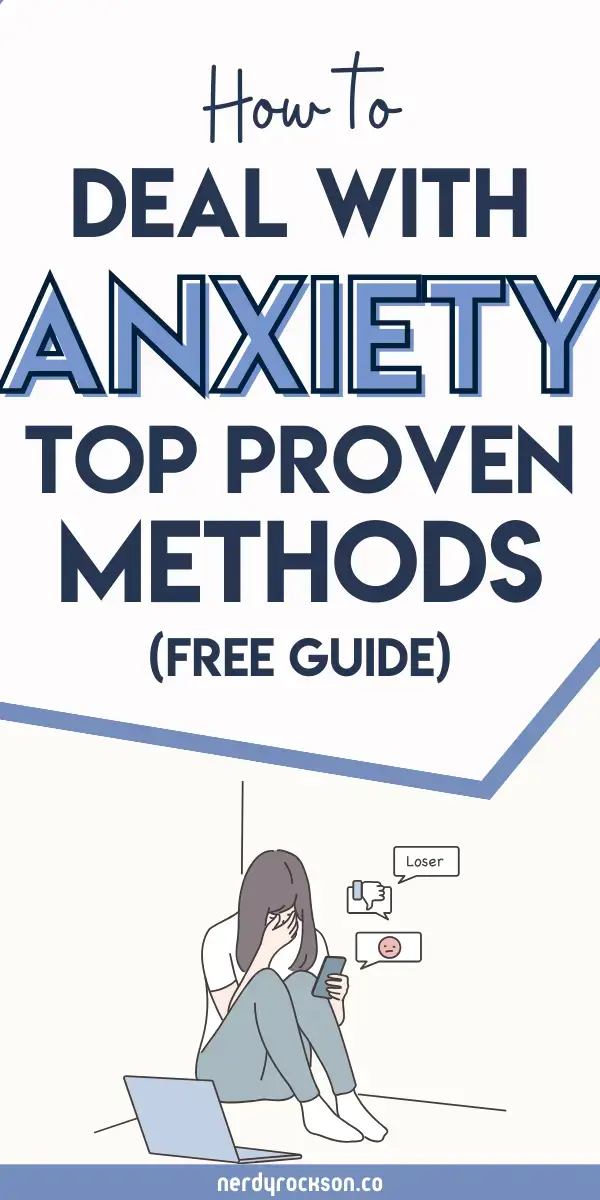
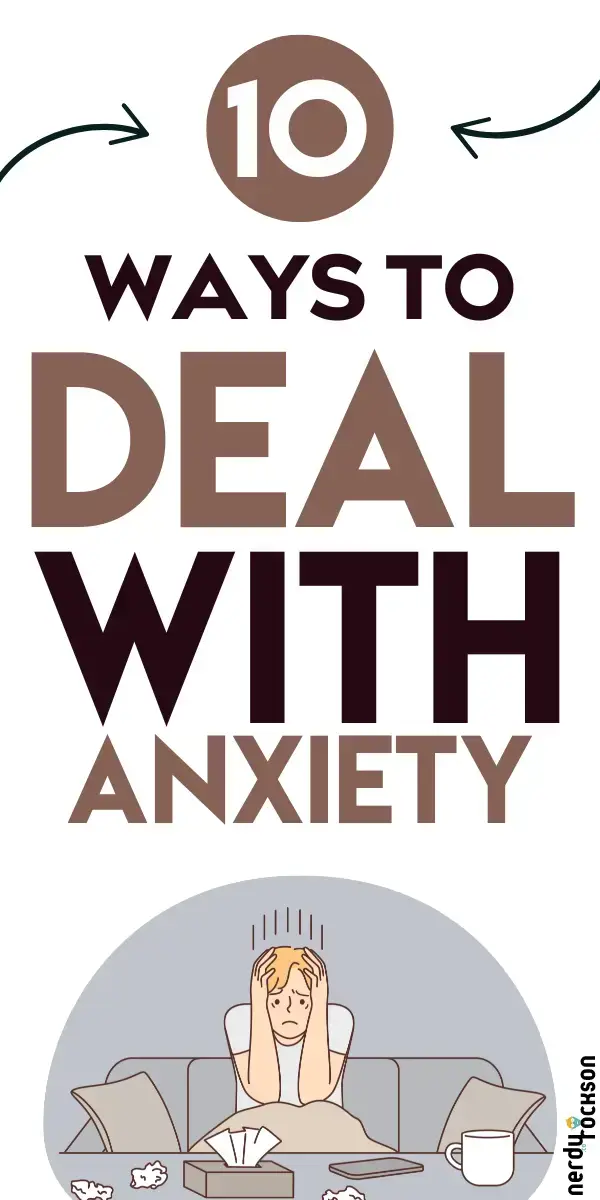
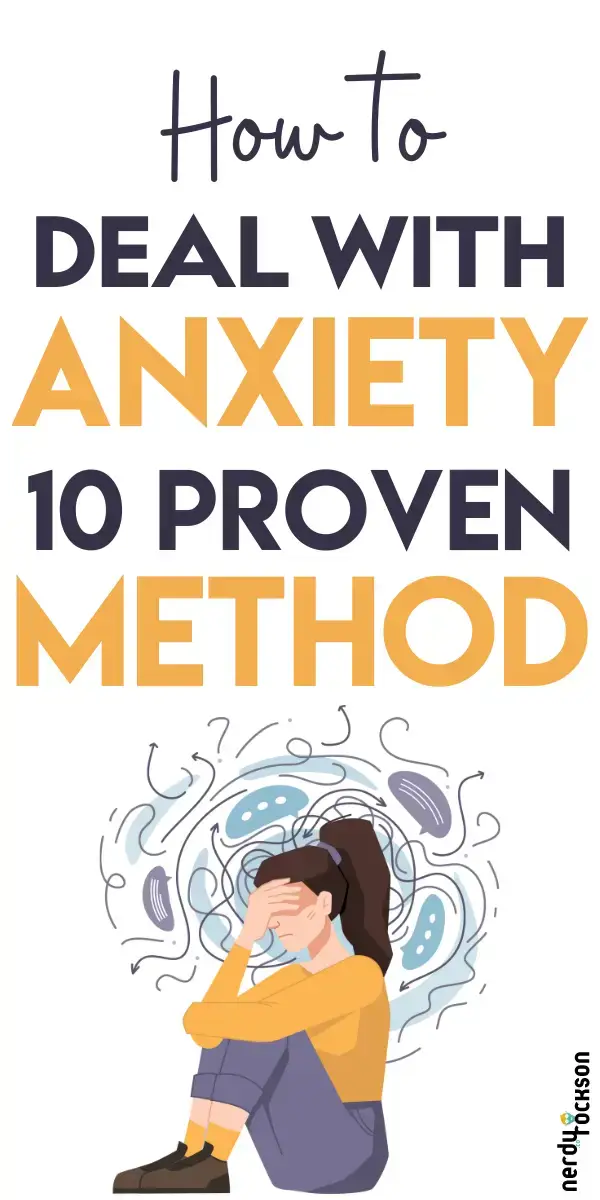
How to Deal with Anxiety
Feeling overwhelmed by anxiety can be daunting, but rest assured, there are actionable steps you can take to regain control. Let’s dive into ten proven strategies that can help you on your journey to reduce anxiety effectively. Consider these as tools in your toolkit, which you can use depending on what works best for you.
1. Mindfulness and Meditation
Feeling overwhelmed by anxious thoughts? Mindfulness and meditation can offer a lifeline. These practices work by redirecting your focus to the present moment, helping to quiet the mind and reduce the endless loop of worry. By consistently practicing mindfulness, you can develop a more balanced perspective on stressful situations.
Benefits:
- Stress Reduction: Regular meditation lowers the stress hormone cortisol, promoting a state of calm.
- Improved Focus: Mindfulness exercises train your brain to stay present, making it easier to concentrate on tasks.
- Emotional Regulation: Being mindful helps you recognize and manage your emotions better, preventing anxiety from taking control.
- Enhanced Self-Awareness: Discovering your thought patterns through meditation can help in understanding the root causes of your anxiety.
Practical Tips:
- Start Small: Set aside just 5-10 minutes each day to sit quietly and focus on your breathing. Gradually increase the time as you become more comfortable.
- Create a Routine: Consistency is key. Try to meditate at the same time each day, perhaps in the morning or before bed, to develop a habit.
- Use Guided Meditations: Apps like Headspace or Calm offer guided sessions, making it easier for beginners to get started.
- Practice Mindfulness Throughout the Day: Incorporate simple mindfulness techniques like deep breathing or paying attention to your senses during daily activities.
- Attend Classes or Retreats: If possible, join a local mindfulness or meditation class, or even attend a retreat to deepen your practice.
By embedding mindfulness and meditation into your daily routine, you can build a stronger defense against anxiety, equipping yourself with practical tools to manage life’s stresses more effectively. So, why not give it a try today?
2. Physical Activity
Regular exercise can be a powerful way to manage and reduce anxiety symptoms. By engaging in physical activities, you’re not just moving your body – you’re also helping your mind. Exercise releases endorphins, those wonderful chemicals in your brain that act as natural painkillers and mood elevators. This release can significantly reduce the feelings of anxiety and stress, making you feel more balanced and in control.
Moreover, regular physical activity can divert your mind from the stressors of daily life. It’s an opportunity to focus on movement and be present in the moment, promoting mindfulness and reducing intrusive, anxiety-inducing thoughts. You’re providing your body with a healthy outlet for that pent-up energy and worry, which can be incredibly freeing.
So, what kinds of physical activities are particularly effective for anxiety relief? Here are a few suggestions:
- Aerobic Exercises: Activities like biking, walking, hiking, and swimming can elevate your heart rate and boost your mood. They are easy to incorporate into your routine and can be adapted to various fitness levels.
- Weight-bearing Exercises: Engaging in squats, weight lifting, and push-ups can increase physical strength and build resilience, both of which can help you feel more empowered and less anxious.
- Stretching Activities: Yoga, Pilates, and tai chi focus on flexibility, balance, and controlled breathing. These exercises are particularly good for promoting relaxation and mindfulness, reducing the physical and mental tension associated with anxiety.
Aiming for at least 3-4 sessions of physical activity per week can make a notable difference in managing anxiety. So, why not lace up those trainers and give it a go?
3. Healthy Diet
Your diet plays a crucial role in managing anxiety. Have you ever noticed how certain foods make you feel more energized or relaxed? That’s no coincidence. Scientific research shows a strong link between what we eat and our mental health. Consuming a diet rich in essential nutrients helps keep your brain in the best shape to tackle anxiety.
What should you eat? Focus on wholegrain cereals, leafy green vegetables, and low-fat dairy products. Incorporate fresh, unprocessed foods into your meals. Foods rich in magnesium, such as almonds and spinach, vitamin B found in whole grains and beans, and calcium from low-fat dairy products, can be particularly beneficial. These nutrients are known to support brain function and help reduce anxiety levels.
It’s not just what you eat, but also when you eat. Try to eat at the same time every day to regulate your body’s natural processes.
What foods to avoid? Stay clear of nicotine, caffeine, stimulants, high-salt foods, and artificial additives. These can exacerbate your anxiety symptoms, making it harder to manage your emotions. Limit your caffeine and alcohol intake as well. They might provide temporary relief but can lead to heightened anxiety in the long run.
Remember, small changes can make a big difference. Start by introducing one new healthy habit a month to steadily improve your diet without feeling overwhelmed. Perhaps begin with a weekly walk to get moving and then slowly incorporate more fresh foods into your meals. Your mind and body will thank you!
4. Sleep Hygiene
Sleep is often one of the first casualties of anxiety. You may find it challenging to fall asleep, stay asleep, or even feel rested upon waking. Good sleep hygiene is crucial because maintaining a consistent and restful sleep pattern can significantly help manage your anxiety levels.
So, how can you improve your sleep quality?
- Establish a Routine: Go to bed and wake up at the same time every day, even on weekends. This helps regulate your body’s internal clock, making it easier to fall asleep and wake up.
- Create a Relaxing Pre-Sleep Routine: Engage in calming activities before bed. This could be reading a book, listening to soothing music, or practicing relaxation exercises like deep breathing or progressive muscle relaxation.
- Optimize Your Sleep Environment: Make sure your bedroom is conducive to sleep. Keep it cool, quiet, and dark. Consider using blackout curtains and earplugs if necessary.
- Avoid Stimulants: Limit your intake of caffeine and nicotine, especially in the hours leading up to bedtime. These substances can interfere with your ability to fall and stay asleep.
- Be Mindful of Diet: Heavy or large meals before sleep can cause discomfort and disrupt sleep. Aim to finish eating at least two to three hours before your planned bedtime.
- Limit Naps: While a short nap can be refreshing, long or irregular napping during the day can negatively affect your nighttime sleep. If you must nap, keep it under 30 minutes.
- Stay Active: Regular physical activity can help you fall asleep faster and enjoy deeper sleep. However, avoid vigorous exercise close to bedtime.
By prioritizing good sleep hygiene, you can create a strong foundation for managing your anxiety more effectively. Remember, you deserve a good night’s sleep!
5. Cognitive Behavioural Therapy (CBT)
Cognitive Behavioural Therapy (CBT) works by addressing the thoughts and behaviors that fuel anxiety. It focuses on identifying and challenging negative thought patterns and beliefs, thereby reducing anxiety symptoms. This structured approach helps you develop practical skills to manage and reduce anxiety.
CBT is highly effective in treating anxiety because it empowers you to become your own therapist. By actively engaging in this process, you can learn to modify your thinking, respond to stress more positively, and overcome fears and worries.
Here are some CBT techniques you can try on your own:
- Rational Self-Talk: Replace negative thoughts with positive affirmations. For example, if you catch yourself thinking, “I can’t do this,” counter it with, “I am capable and can handle this challenge.”
- Reality Testing: Challenge your fears by asking yourself how realistic they are. What’s the worst that could happen, and how likely is it? Often, you’ll find that your fears are exaggerated.
- Attention Training: Focus on the present moment instead of getting lost in anxious thoughts. Mindfulness techniques, such as breathing exercises and grounding techniques, can help keep you anchored.
- Cognitive Restructuring: This involves identifying and challenging irrational thoughts. For instance, if you believe that “Everyone is judging me,” test this thought by looking for evidence that contradicts it.
- Exposure Therapy: Gradually expose yourself to the sources of your anxiety in a controlled and systematic way. Start with less intimidating scenarios and work your way up, which can help desensitize you over time.
By practicing these techniques consistently, you can take significant steps toward managing and reducing your anxiety. Remember, it’s about progress, not perfection!
6. Breathing Exercises
Breathing exercises are a simple yet powerful way to deal with anxiety. They can be practiced almost anywhere and provide immediate relief. Let’s delve into a few effective techniques you can try:
4-7-8 Breathing
This exercise is renowned for its calming effects and is straightforward to practice:
- Start by sitting or lying down in a comfortable position.
- Close your eyes and exhale completely through your mouth.
- Inhale quietly through your nose for a count of 4.
- Hold your breath for a count of 7.
- Exhale completely through your mouth for a count of 8.
- Repeat this cycle three more times for a total of four breaths.
Box Breathing
Also known as four-square breathing, this technique helps regulate your breath:
- Sit with your back straight and feet flat on the ground.
- Inhale through your nose for a count of 4.
- Hold your breath for a count of 4.
- Exhale through your mouth for a count of 4.
- Hold your lungs empty for a count of 4.
- Repeat for 4-5 minutes for best results.
Diaphragmatic Breathing
This method focuses on breathing deeply using your diaphragm:
- Lie on your back with your knees bent or sit comfortably.
- Place one hand on your chest and the other on your stomach.
- Inhale deeply through your nose, allowing your stomach to rise while keeping your chest relatively still.
- Exhale slowly through pursed lips, feeling your stomach fall.
- Continue this pattern for 5-10 minutes.
Remember, the key to these exercises is practice. The more you incorporate them into your daily routine, the more effective they will be in helping you manage anxiety. So, why not give them a go?
7. Social Support
Have you ever noticed how talking to a friend or family member can make you feel instantly lighter? That’s the magic of social support in managing anxiety. It’s all about knowing that you’re not alone and that there are people who genuinely care about your well-being.
One effective way to combat anxiety is by building a solid support network. Start by staying connected with friends and family. Make it a habit to check in with them regularly—it could be as simple as a weekly phone call or a quick coffee catch-up. Remember, it’s not just about talking; sometimes just being in the presence of someone who understands can make a world of difference.
Also, consider participating in group activities, such as walking groups or community events. These provide not only physical benefits but also the chance to form new friendships and bolster your support system.
Don’t underestimate the power of support groups as well. Whether found online or through mental health providers, these groups are a safe space where you can share experiences, gain insights, and feel validated. They offer a sense of belonging, which can significantly boost your self-confidence and reduce feelings of isolation.
So, the next time anxiety creeps in, reach out. Talk to your friend, call your family, or join a support group. It’s a simple yet powerful step in your journey to managing anxiety. Remember, you don’t have to face it all alone.
8. Professional Help
Feeling overwhelmed by anxiety? It’s perfectly okay to seek professional help. Sometimes, tackling anxiety on your own can be tough, and an expert can provide the guidance you need. Have you ever considered speaking to a mental health professional?
There are various types of professionals who can assist you:
- Psychologists: Experts in diagnosing and treating mental health conditions through therapeutic techniques like Cognitive Behavioural Therapy (CBT).
- Psychiatrists: Medical doctors who specialize in mental health, capable of prescribing medication to help manage anxiety symptoms.
- Counselors: Trained professionals who provide support and strategies for coping with anxiety through talk therapy.
- Clinical Social Workers: Offer psychotherapy and support services, helping you navigate the challenges of anxiety.
Treatment options can vary, but some common ones include:
- Cognitive Behavioural Therapy (CBT): A structured form of therapy that helps you identify and change negative thought patterns.
- Medication: Prescribed by a psychiatrist, medication can help manage severe anxiety symptoms.
- Group Therapy: Joining support groups can provide a sense of community and shared experience.
- Exposure Therapy: Gradually facing your fears in a controlled setting to reduce anxiety responses.
Remember, seeking professional help is a sign of strength, not weakness. You’re taking a proactive step towards managing your anxiety effectively.
9. Self-Care and Relaxation Techniques
Self-care is vital for maintaining mental well-being and managing anxiety effectively. Have you ever considered how incorporating simple yet meaningful activities into your daily routine can significantly reduce stress? Let’s explore some tried-and-true relaxation techniques and self-care practices that might resonate with you.
- Hobbies: Engaging in activities you love can be incredibly therapeutic. Whether it’s painting, knitting, gardening, or playing a musical instrument, hobbies provide a much-needed distraction and a sense of accomplishment.
- Journaling: Writing down your thoughts and feelings can be a powerful tool for processing emotions and gaining insights into your anxiety triggers. Try dedicating a few minutes each day to jot down anything that’s on your mind.
- Spending Time in Nature: There’s something inherently calming about being outdoors. A walk in the park, hiking, or simply sitting in your garden can help you feel grounded and relaxed. Nature has a way of soothing the soul.
- Reading: Getting lost in a good book can be a wonderful escape from your worries. Whether it’s fiction or non-fiction, reading allows your mind to wander and explore different worlds.
- Baths and Aromatherapy: A warm bath infused with essential oils like lavender or chamomile can do wonders for your relaxation. Aromatherapy can also include using diffusers or candles that emit calming scents.
- Listening to Music: Music has the power to influence your mood. Create a playlist of your favorite calming tunes and let the melodies wash over you during stressful times.
- Mindfulness Practices: This includes activities like yoga, tai chi, or even simple stretching exercises. These practices focus on connecting your mind and body, promoting a state of calm and relaxation.
Ultimately, self-care is about finding what works best for you. Experiment with different activities, and don’t be afraid to mix and match practices to create your personalized anxiety-relief toolkit.
10. Time Management and Organisation
Do you ever feel like your to-do list is a runaway train? Effective time management and organizational skills can be your safety net, giving you a greater sense of control and predictability. By keeping a well-organized schedule, not only do you make your tasks more manageable, but you also reduce the uncertainty that often fuels anxiety.
Imagine planning your week in advance: Allocating specific times for work, leisure, and relaxation can help you strike the right balance and ward off those overwhelming feelings. Plus, by keeping your environment tidy and your tasks prioritized, you’re preparing yourself to tackle challenges head-on.
Have you ever thought about how disorganization impacts your mental state? It’s like being caught in a maze with no exit in sight. However, small steps like scheduling activities, setting reminders, and breaking tasks into manageable chunks can reduce this chaos significantly. Implementing these strategies can infuse your day with a sense of order and predictability, making you feel more in control and less anxious.
Conclusion
Dealing with anxiety isn’t a one-size-fits-all journey, but understanding various approaches can empower you to find what works best for you. From practicing mindfulness and engaging in physical activity to maintaining good sleep hygiene and a healthy diet, there are numerous ways to alleviate the symptoms of anxiety.
Don’t forget the significance of cognitive behavioral therapy, breathing exercises, and seeking professional help when needed. Additionally, don’t underestimate the power of social support, embracing self-care, and effective time management. By taking these proactive steps, you can mitigate anxiety and improve your quality of life. Remember, each small effort can make a substantial difference. You’re not alone in this, and there’s always hope for better days ahead.
